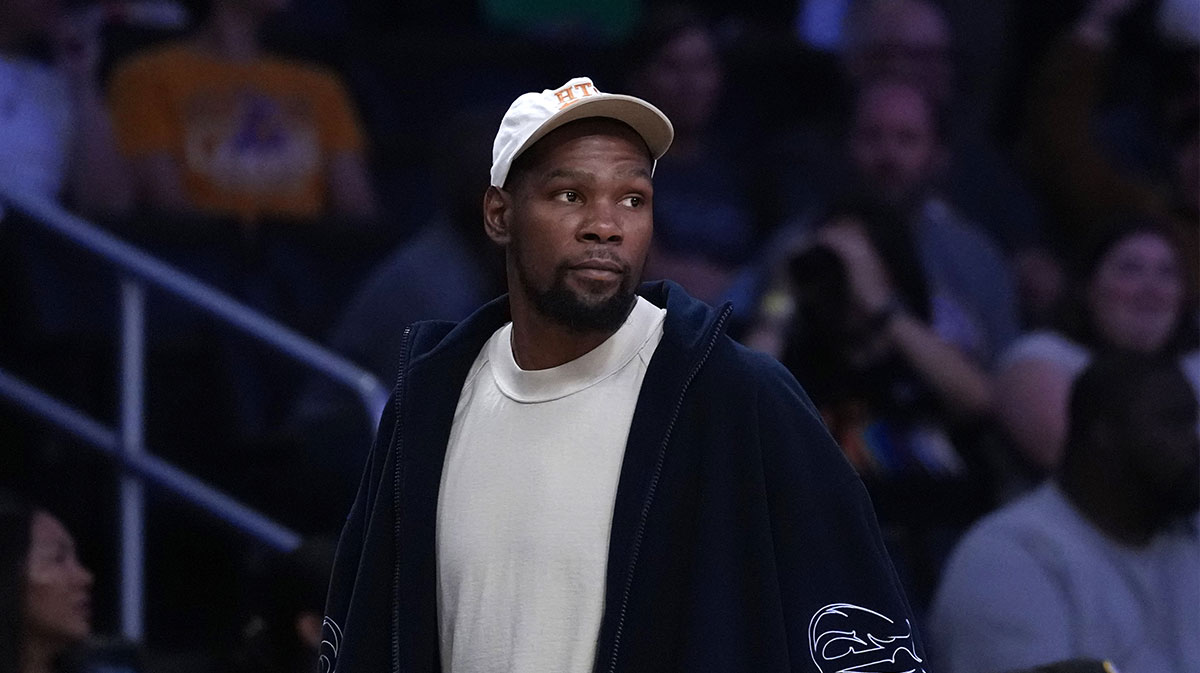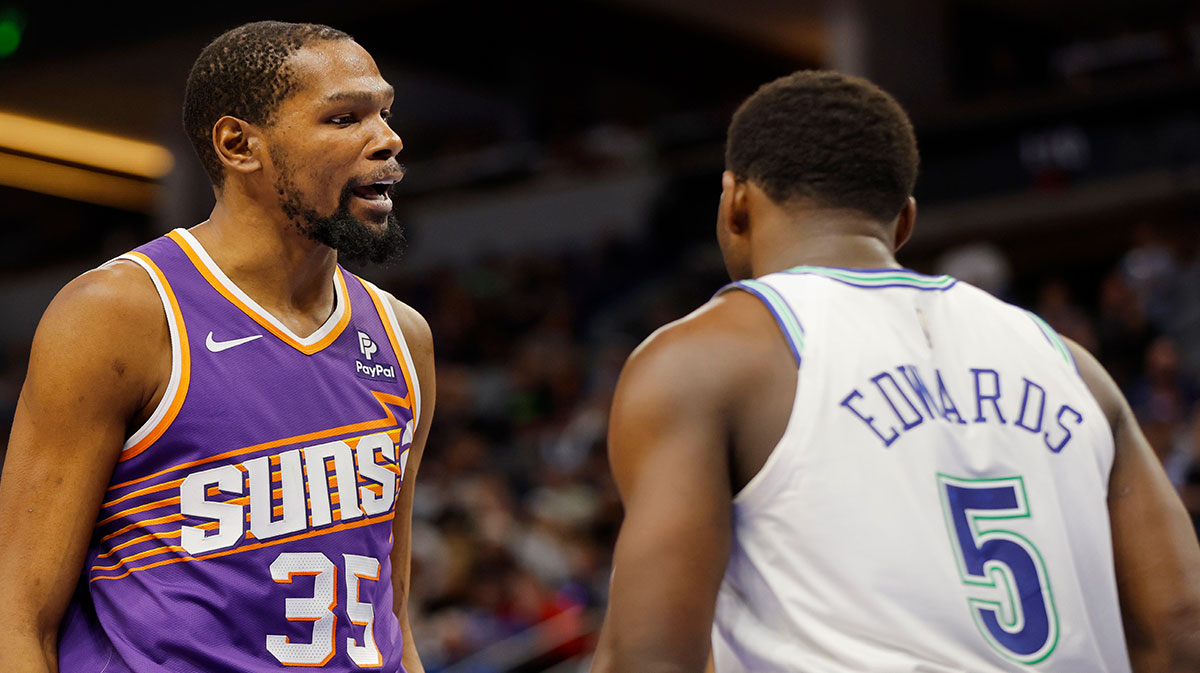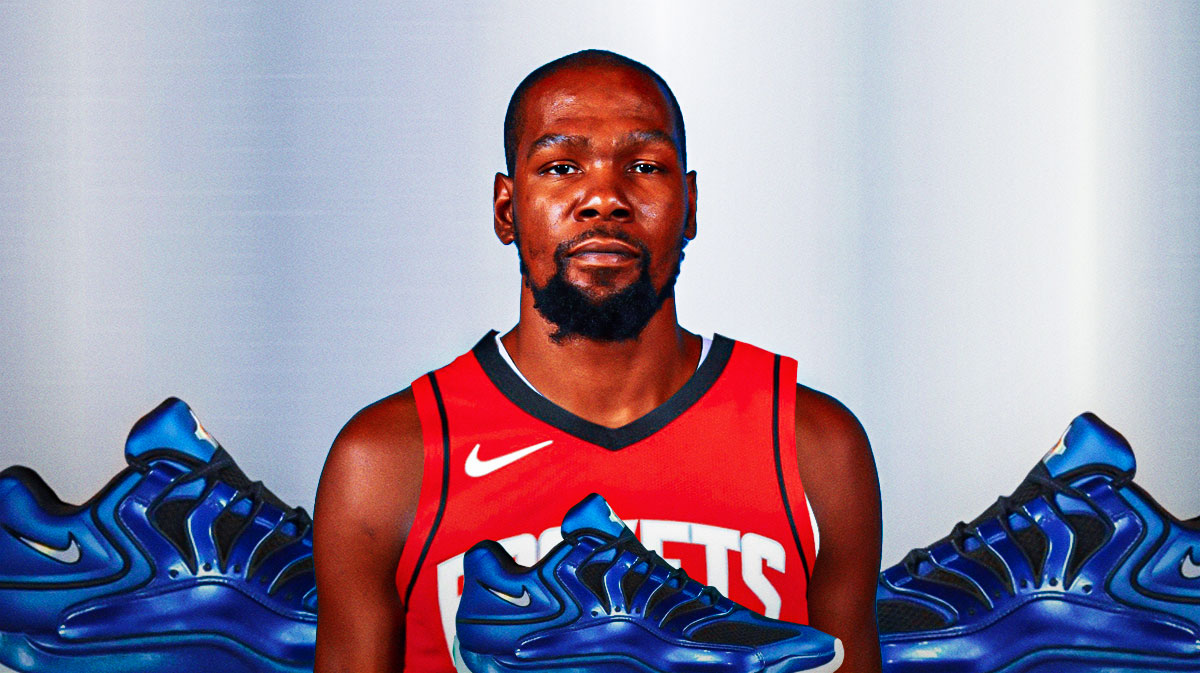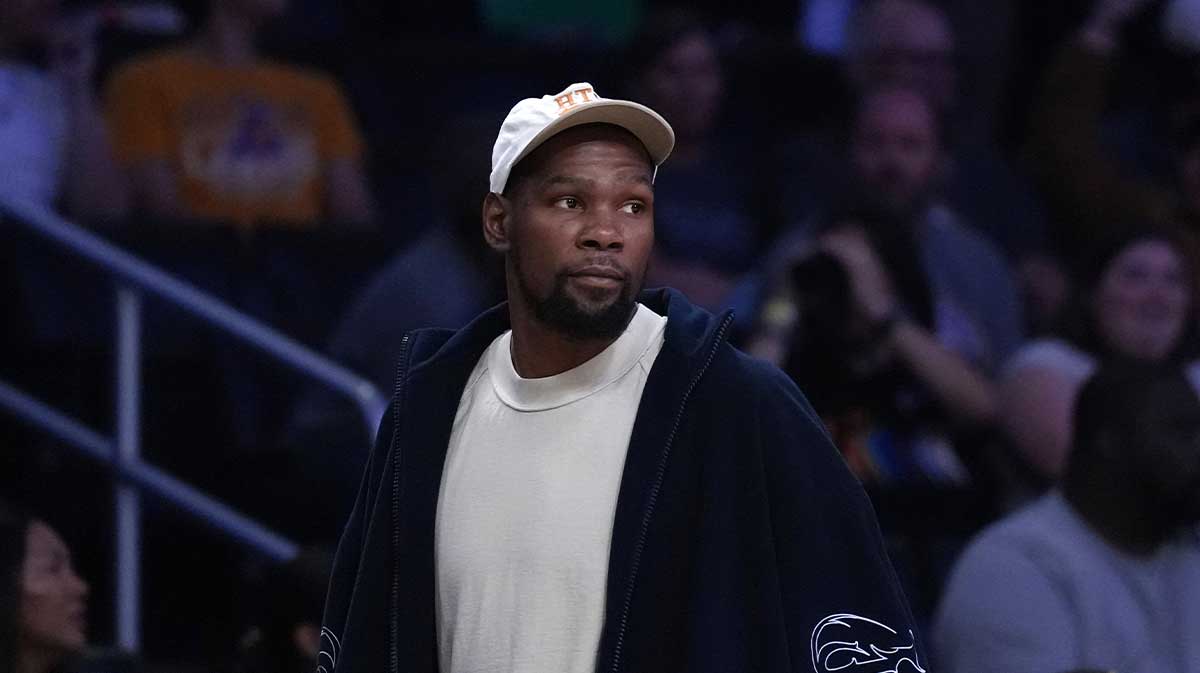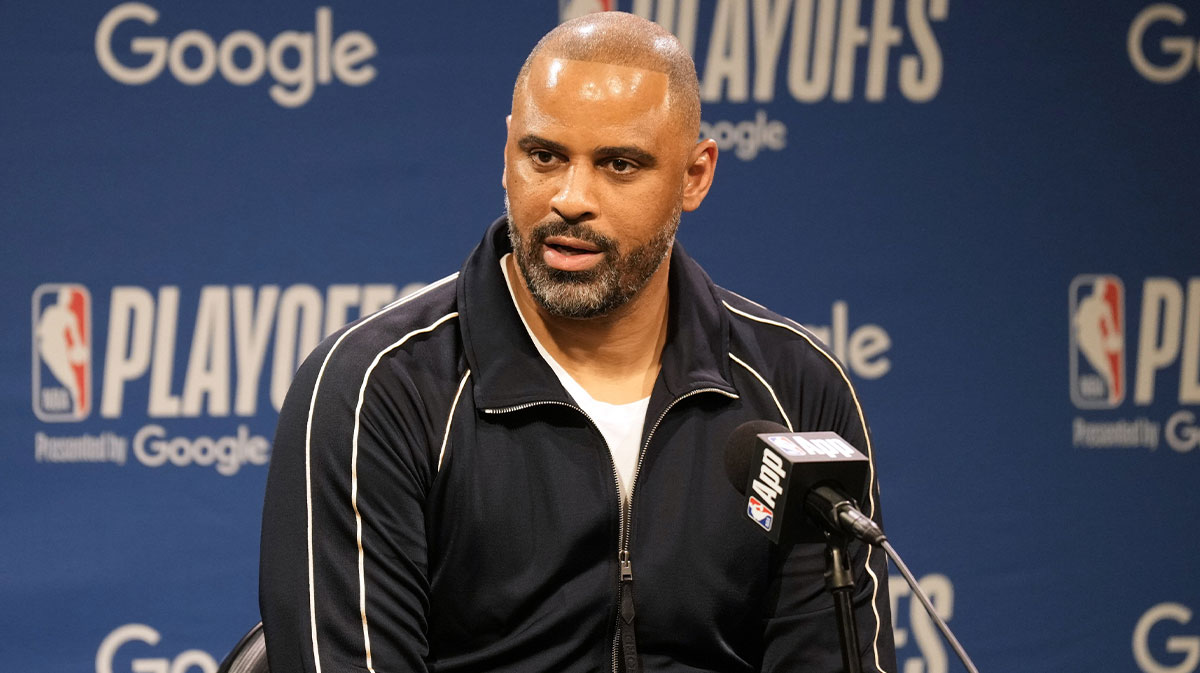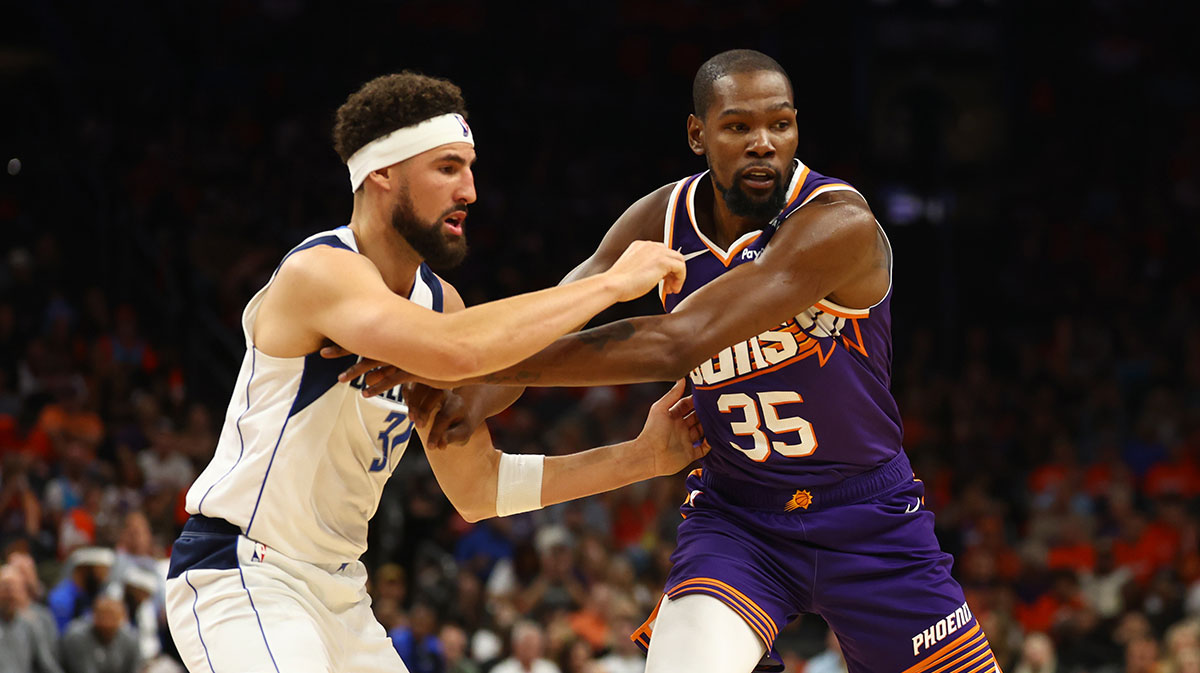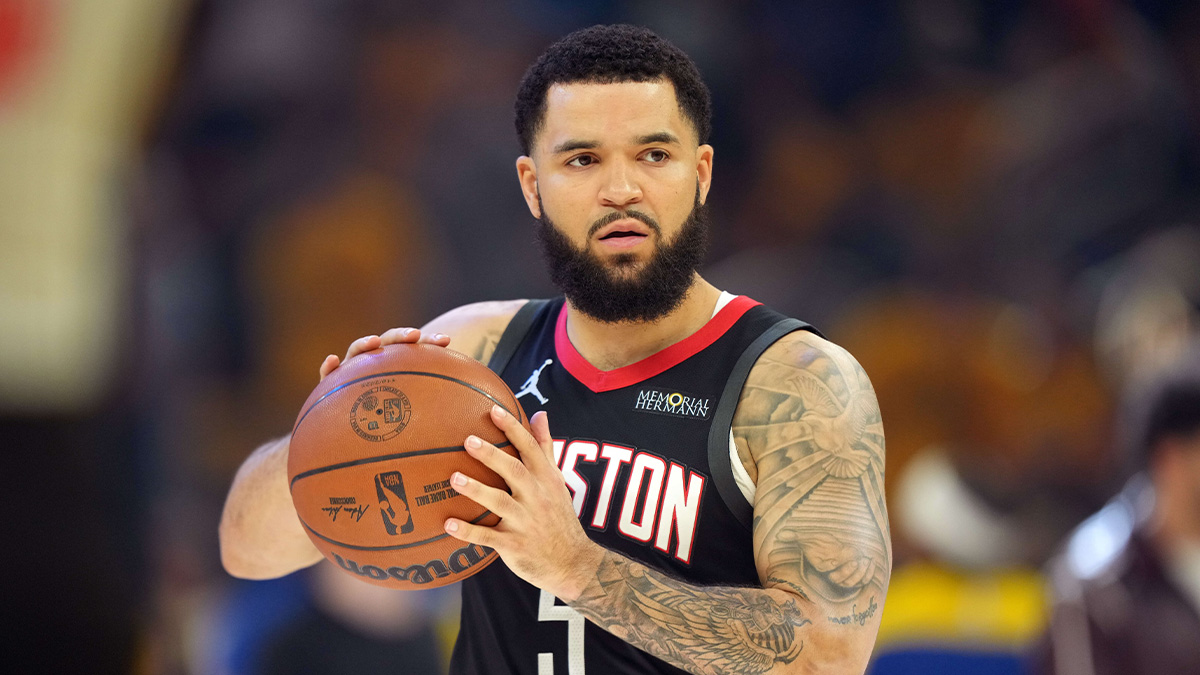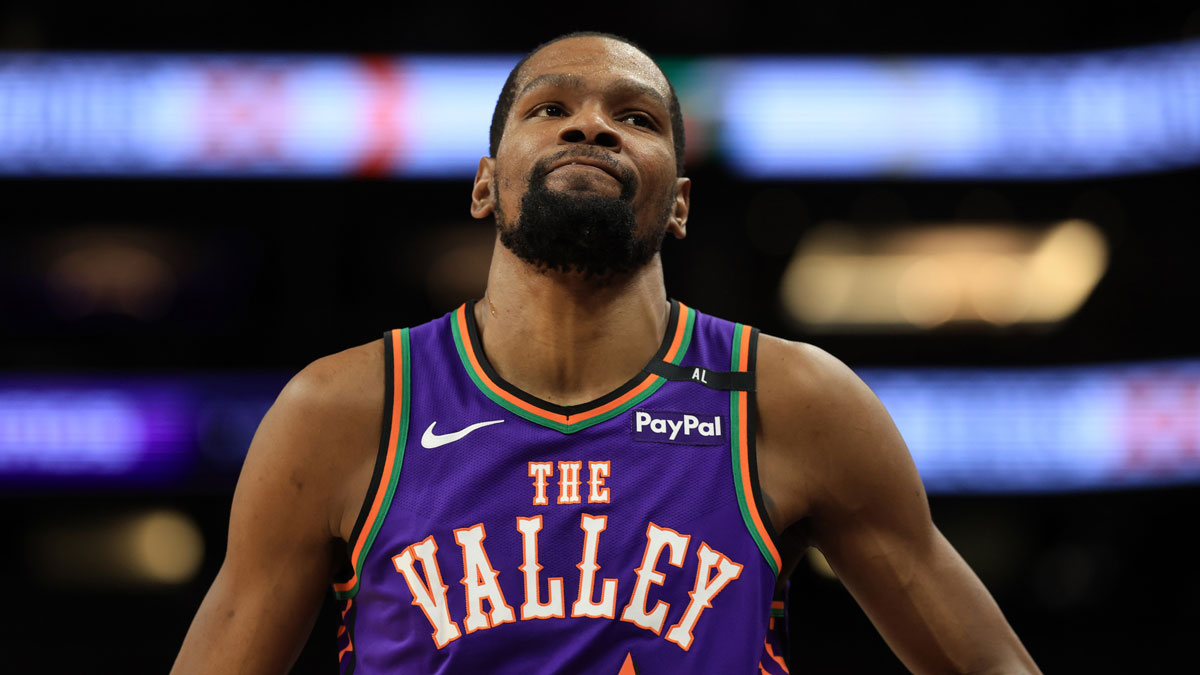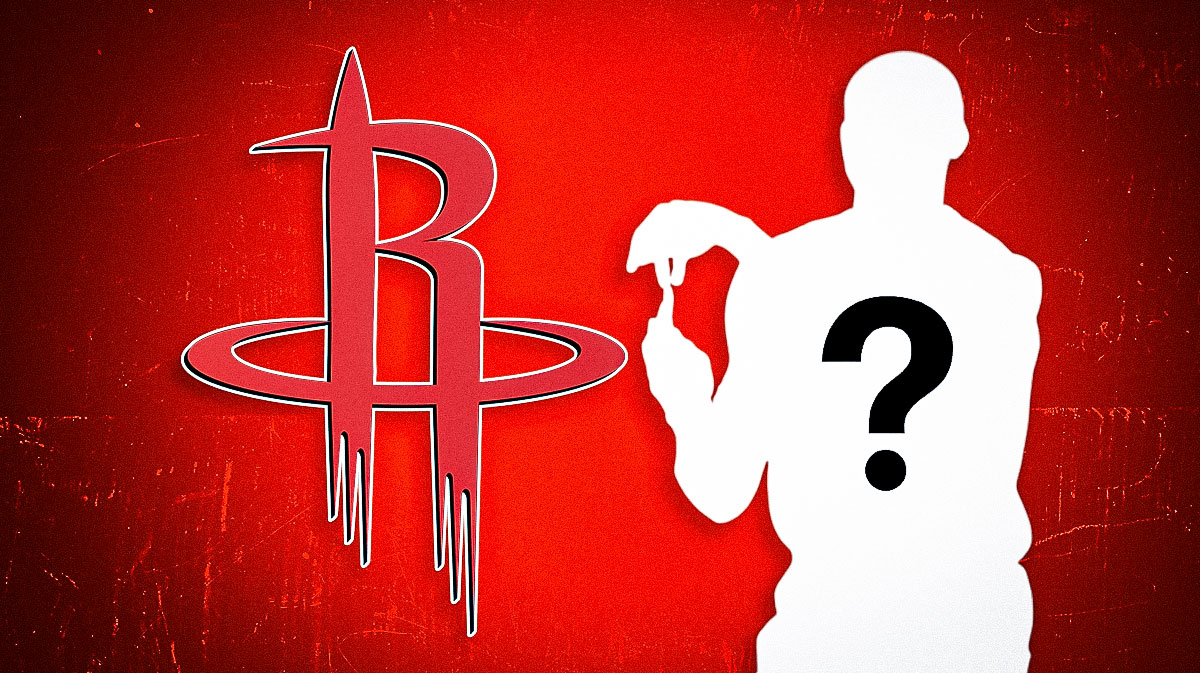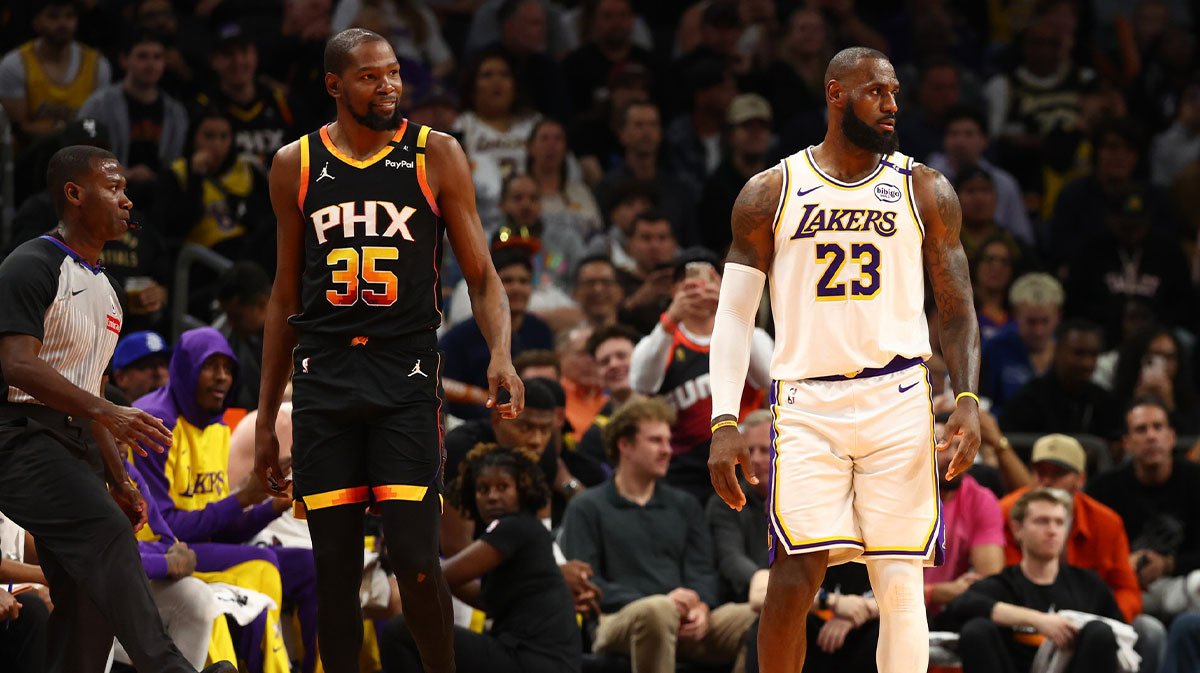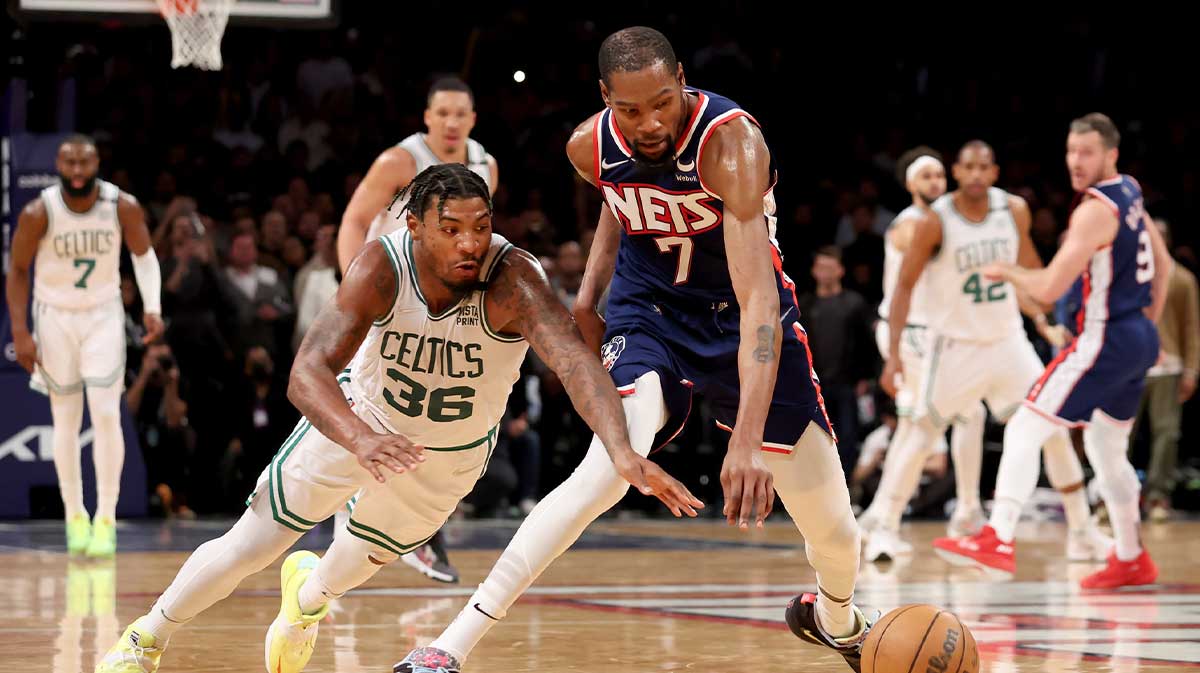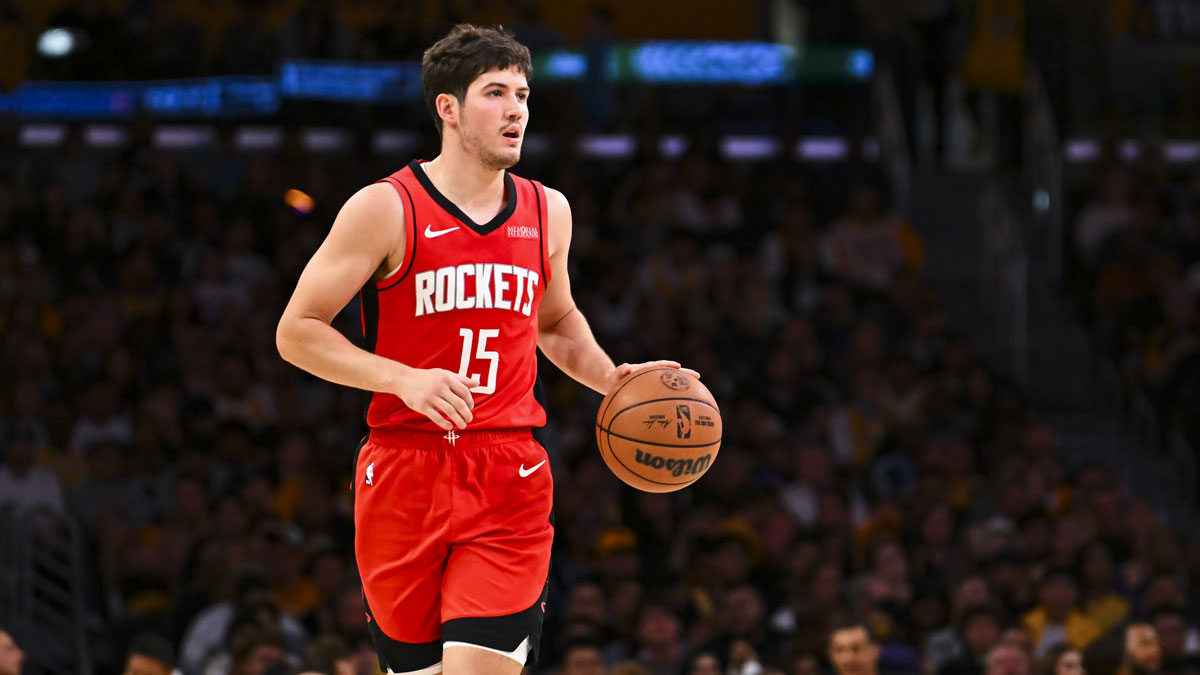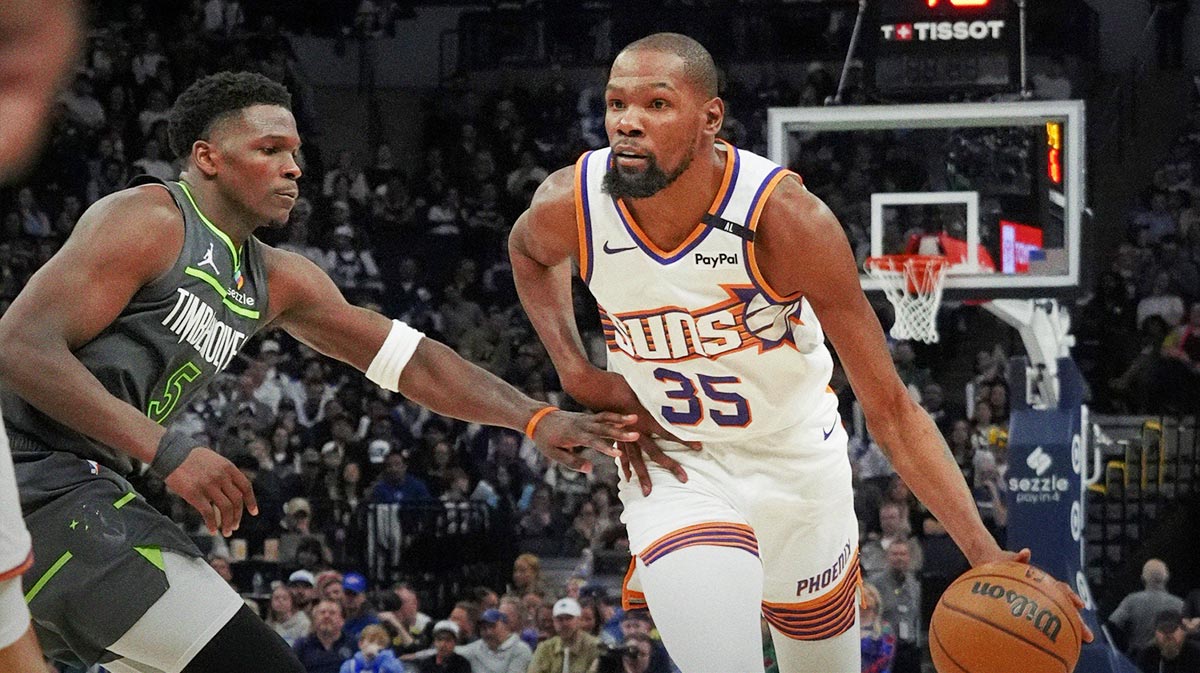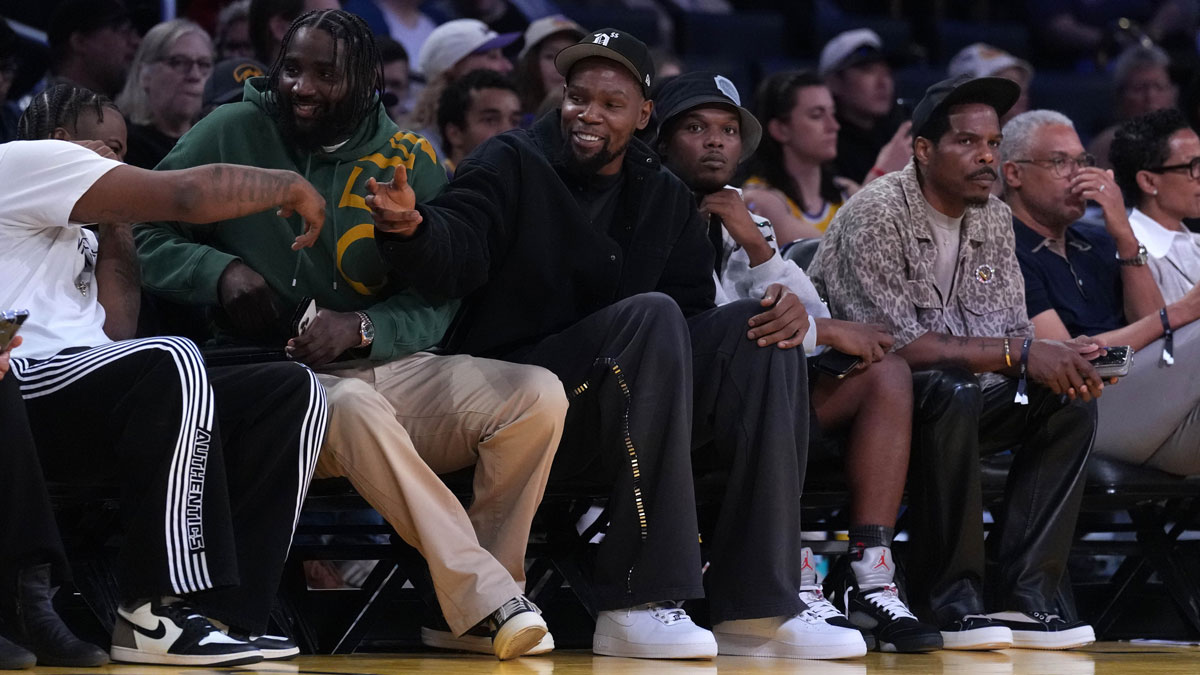The Golden State Warriors took a 1-0 lead in their second-round Western Conference playoff series against the Houston Rockets on Sunday afternoon, but instead of talking about what the Warriors did to pull out a gritty win, we are talking about how the NBA referees cost the Rockets the game.
Whether it's James Harden asking for a “fair chance” or fans and media pundits saying Houston should be up 1-0 right now, all we have heard over the last day-and-a-half has been complaints about officiating.
And honestly? It's annoying.
Look: I am not denying that Harden probably got fouled a few times on three-point attempts (although the last no-call involving Draymond Green in the closing moments was close because Harden actually kicked out his legs), but that is not the reason the Rockets lost the game.
I am not even trying to pick on the Rockets here. They are merely serving as the most recent example of a problem that has run rampant through the NBA for years now.
When we feel there are a couple of noticeable calls that were missed in a game, our immediate reaction is to pin the result of the game on the officials. We don't even think that there were plenty of other missed calls in the contest. We don't think about what the losing team could have done better to ensure that the calls that went against them didn't even matter.
No. All we think about are the calls that take up mere seconds out of a 48-minute game that is decided by a heck of a lot more than officiating.
Again, I don't mean to pile on Houston, but because this is the game in question, let's dive in a little more.
Did the officials make Clint Capela score four points? Did they make P.J. Tucker score zero? Did the referees make Harden miss 19 of his 28 shots? Did they make the Rockets misfire on 33 three-pointers? Are the refs the reason Houston was outrebounded 38-26? Did the NBA officials tell Eric Gordon to jack up a bunch of ill-advised, contested threes in the final minutes?
We can sit here and blame the refs all we want, but the fact of the matter is that the Rockets did a whole lot of things wrong in this game, which is why they ended up losing.
This is almost always the case when it comes to a losing team. You can always point to reasons as to why they didn't win, whether it's field-goal percentage, rebounding, turnovers, etc.
And for all of the talk about Harden deserving a “fair chance,” he took 14 free throws in Game 1 and is well-known to be a player who gets the benefit of the doubt from the officials most of the time.
So he didn't get a few calls in Game 1. You don't think he has gotten a whole lot of calls that he shouldn't have gotten over the course of his career? Or even just on Sunday?
I understand that it must be frustrating if you're a Rockets fan. You think Harden got fouled on the last play of the game and made a couple of times before that, as well, and that's fine. There is nothing wrong with pointing out individual moments where you think the refs screwed up.
But to place the responsibility for the loss on the officiating? Sorry, but that is just nonsense.
We see this happen all the time, and you know what the funniest part is? If a bad call or missed call occurs in the final seconds of the game, it is somehow ruled as more significant than a bad call or missed call that happened in the first 10 seconds when, in reality, both actually have an equal influence on the final score.
I can pretty much guarantee you that if the incident involving Green and Harden happened at the end of the first or second quarter rather than at the conclusion of the final frame, we wouldn't be talking about it. Not to this extent, anyway.
Any time a questionable call happens late in the game, the first thing we see on television the next morning is, “Did Team X get robbed?” There is no mention of how either team actually played. There is no discussion about what the winning club did to emerge victorious. All of the focus is centered on the NBA officiating, and that is just not right.
It's human nature, so it's probably something that is never going to change, but at some point, we have to start realizing just how ridiculous we sound when we isolate one moment of the game and act like it dictated the entire outcome. Sorry, but that's not how it works.

